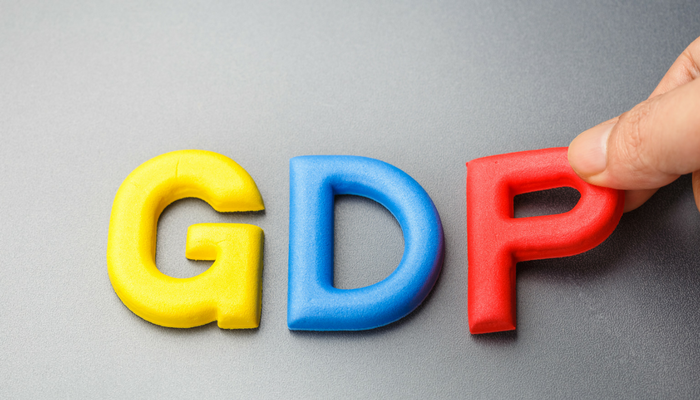Happiness is the New GDP: Let’s Start Treating It as Such

Most people are familiar with the use of GDP (Gross Domestic Product) as a measurement of a country’s success and progress. The concept of GDP has existed since the 17th century, and the modern version was developed in 1934 in the US for government reports. According to sites like Investopedia, GDP is the total value of all products and services as purchased by end users in a period, often a year.
Problems with GDP
As is evident from the definition above, GDP ignores some factors that impact the daily lives of citizens and residents. The type of work leading to that value can go ignored, as is the happiness and well-being of the workers. Environmental impacts are also sometimes discarded. Another aspect not factored in is the quality of the growth, leading to short-term improvements at the expense of long-term sustainability. In short, a country can drive its workers to death, wreck the environment and sell off its infrastructure and still have a fantastic GDP. Even within its limited focus, GDP ignores household and unpaid work, which is a tremendous amount of value that is simply not counted. With so much value left on the table and so many other factors ignored, GDP isn’t a very helpful indicator of a country’s well being.
Quantifying Happiness
Recently, some researchers, academics and even governments have come to think that there may be a better way to measure a country’s progress and success. The thinking is, instead of focusing on what a country produces, focus on how happy its residents are. A place filled with happy people with low economic output may well be better off than a country selling a ton of products where everyone is miserable. While happiness is not necessarily readily measured, agreeing on factors that impact it and devising an objective system for gathering and comparing this information is critical to determining if a country’s residents are happy. When this data is gathered and processed, governments can use this information to help align overall objectives with their residents’ needs. Researchers like Professor Andrew Oswald at the University of Warwick have done a lot of work that supports this concept.
Gross National Happiness in Bhutan
The country of Bhutan came to this conclusion in 1972 when the king of Bhutan publicly stated that Gross National Happiness was more important than GDP. Gross National Happiness, or GNH, is defined as being nine domains and four pillars. The areas are living standards, ecological diversity and resilience, community vitality, governance quality, cultural diversity, education, free time, health and psychological well-being. The pillars are good governance, preservation of culture, environmental conservation and sustainable and equitable economic development. Bhutan as a country focuses on overall happiness in its social and economic policies. In 2008, the Bhutanese government conducted the first nationwide GNH survey to gauge the happiness of its citizens and determine how that could be improved. Additionally, there is a screening tool that the government uses to determine whether or not a project or policy will increase or reduce the happiness of the country.
Now that we know how essential happiness is to countries, it only makes sense to treat the Gross National Happiness as an important indicator and start implementing it. Imagine the change that this could make. Events like The World Happiness Fest, spread worldwide, could dramatically change the world and the way that countries interact.





